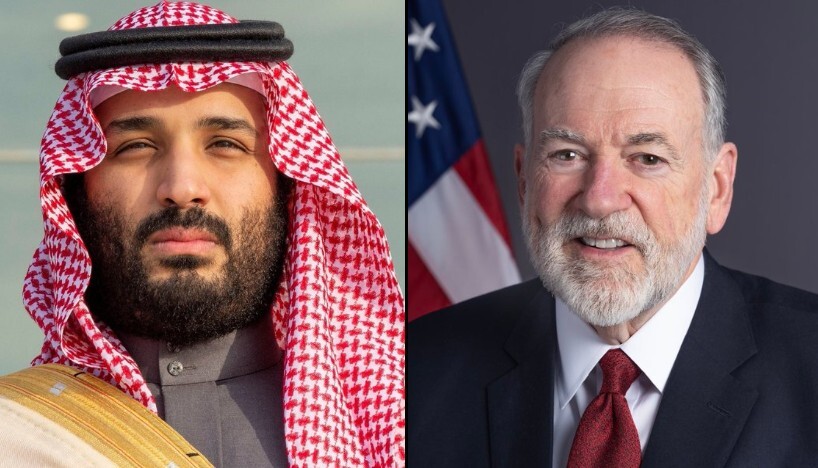Former United Kingdom ambassador to the United States, Peter Mandelson was arrested on Monday, by London’s Metropolitan Police on suspicion of misconduct in public office. He was released on bail the following day, pending further investigation.
The arrest stemmed from a criminal probe into his alleged leaking of sensitive government information to Jeffrey Epstein, the late convicted sex offender, while Mandelson served as UK Business Secretary from 2008 to 2010.
Mandelson was identified as having maintained a close relationship with Epstein, whom he once referred to as “my best pal” in a 2003 birthday book. The US Department of Justice’s release of over 3 million pages of Epstein-related documents in January 2026 revealed new evidence of their connection.
Emails from 2009 suggest Mandelson shared internal government assessments on ways to raise funds after the 2008 financial crisis, including plans to sell government assets. He also reportedly tipped Epstein about an upcoming EU bailout for Greece and confirmed plans to reduce a tax on bankers’ bonuses.
The documents show Epstein sent $75,000 in three payments to accounts linked to Mandelson or his then-partner, Reinaldo Avila da Silva. Mandelson has denied knowledge of these transfers and questioned the authenticity of the records.
A veteran Labour Party figure, Mandelson played a pivotal role in Tony Blair’s 1997 election victory and later served as European Commissioner. He was appointed UK ambassador to the US in February 2025 by Prime Minister Keir Starmer, despite knowing of his past ties to Epstein.
Mandelson was fired in September 2025** after earlier Epstein files surfaced. He resigned from the Labour Party and the House of Lords in early February 2026. Prime Minister Starmer publicly apologized for appointing him, calling the relationship a “lie” and acknowledging failures in the vetting process.
The arrest followed the recent detention of Andrew Mountbatten-Windsor (former Prince Andrew) on the same charge, highlighting a widening scandal involving high-profile figures and Epstein.
The Metropolitan Police conducted search warrants at two properties—Camden (London) and Wiltshire—linked to Mandelson. His arrest was reportedly prompted by a “baseless suggestion” he was a flight risk, according to his legal team at Mishcon De Reya.
The UK government agreed to release documents related to Mandelson’s appointment as ambassador, with the first tranche expected by early March, though some will be delayed due to the ongoing police investigation.
Mandelson has denied any wrongdoing and emphasized his commitment to cooperating with authorities to clear his name. The case remains under active investigation, with implications for UK political integrity and transparency.















